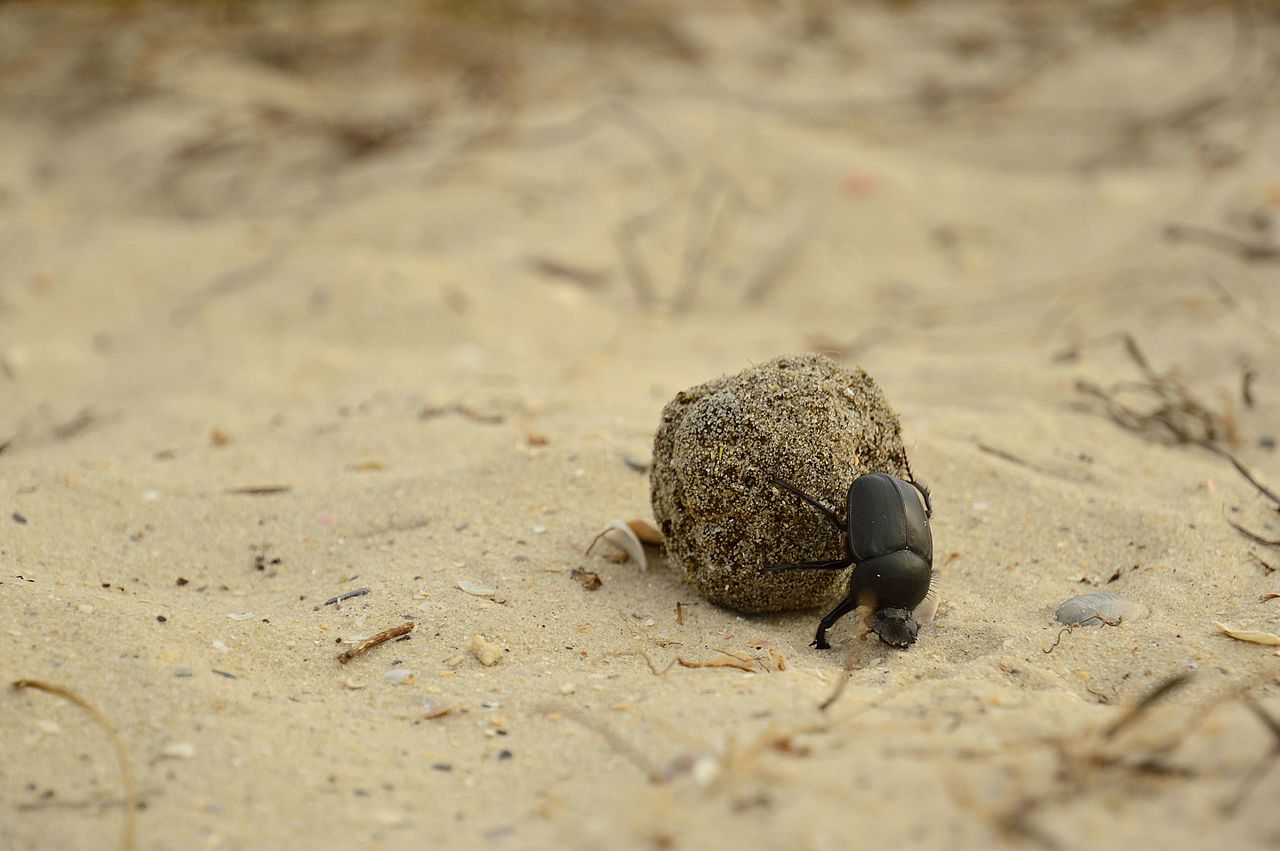
The Danish government plans to provide subsidies for feed additives to reduce methane emissions from cows, online publication Agrarheute reported on April 16.
Denmark has committed to reducing greenhouse gas emissions by 70% from 1990 levels by 2030. More than half of Denmark’s territory is used for agriculture. The country is a major milk exporter. Therefore, the burden of responsibility falls on the ranchers.
Danish climate think tank Concito estimates that agriculture contributes 33% of the country’s carbon emissions. Currently, industry emissions are not regulated.
Pricing agricultural emissions, including methane emissions from livestock, is being considered. It is proposed to charge 750 Danish crowns (10 thousand rubles) per ton of emissions. Farmers warn that a carbon tax will lead to production cuts and plant closures.
To alleviate the difficult situation of farmers, they propose allocating 69 million euros (6.9 billion rubles) to offset the costs of feed additives for cows. As a result, methane emissions from 550 thousand heads of cattle will be reduced by 30%.
Methane emissions from livestock can be reduced by adding algae or special types of grass to feed.
Farmers are willing to use additives that prevent the formation of methane. However, Danish politicians and animal welfare associations are skeptical of these additives. It is unclear to what extent these supplements comply with Danish animal welfare standards.
Source: Rossa Primavera
I am Michael Melvin, an experienced news writer with a passion for uncovering stories and bringing them to the public. I have been working in the news industry for over five years now, and my work has been published on multiple websites. As an author at 24 News Reporters, I cover world section of current events stories that are both informative and captivating to read.
